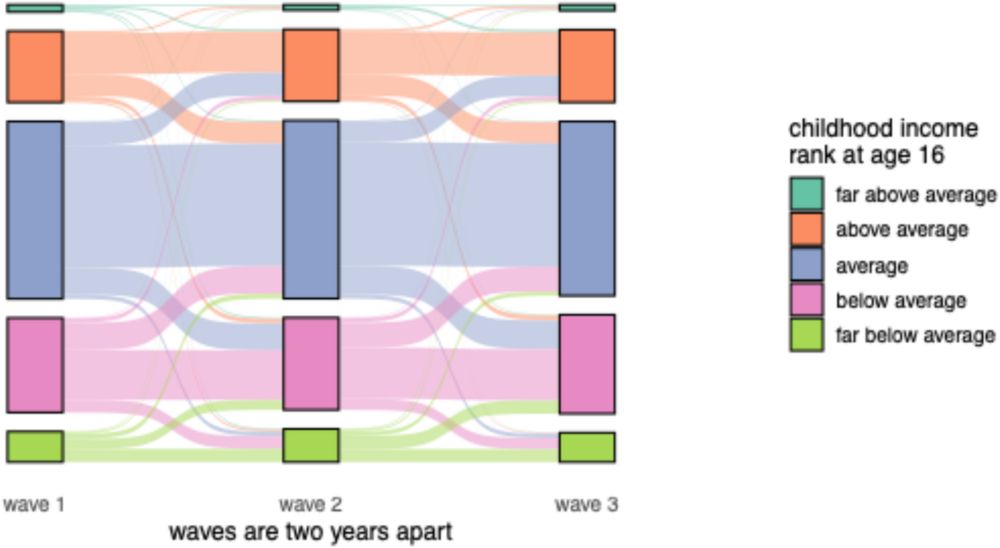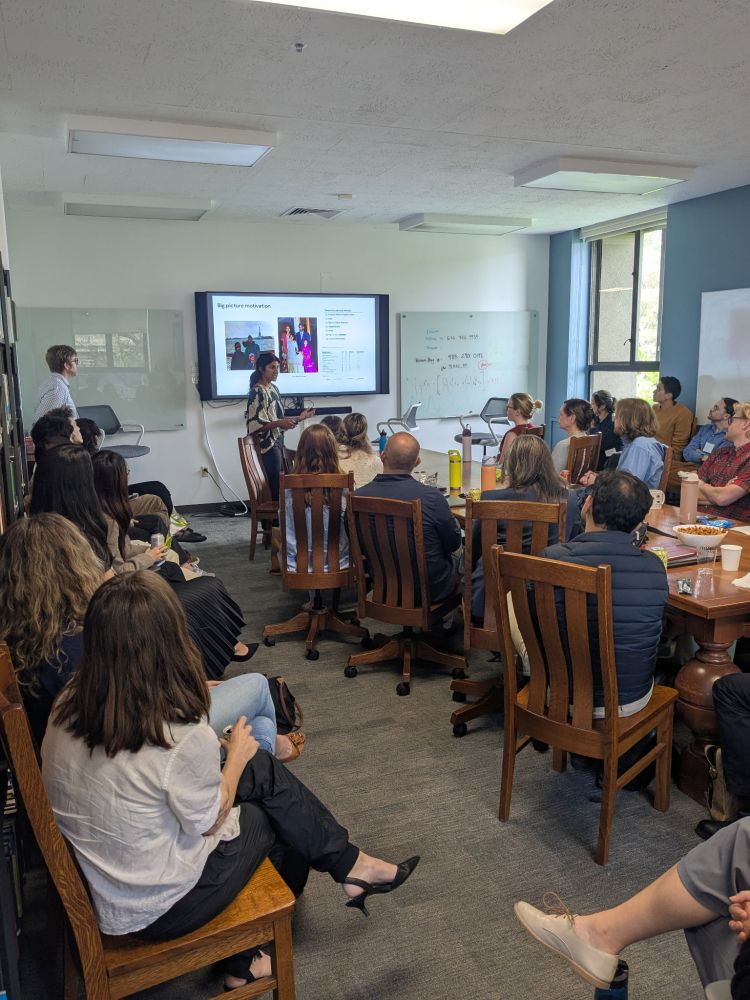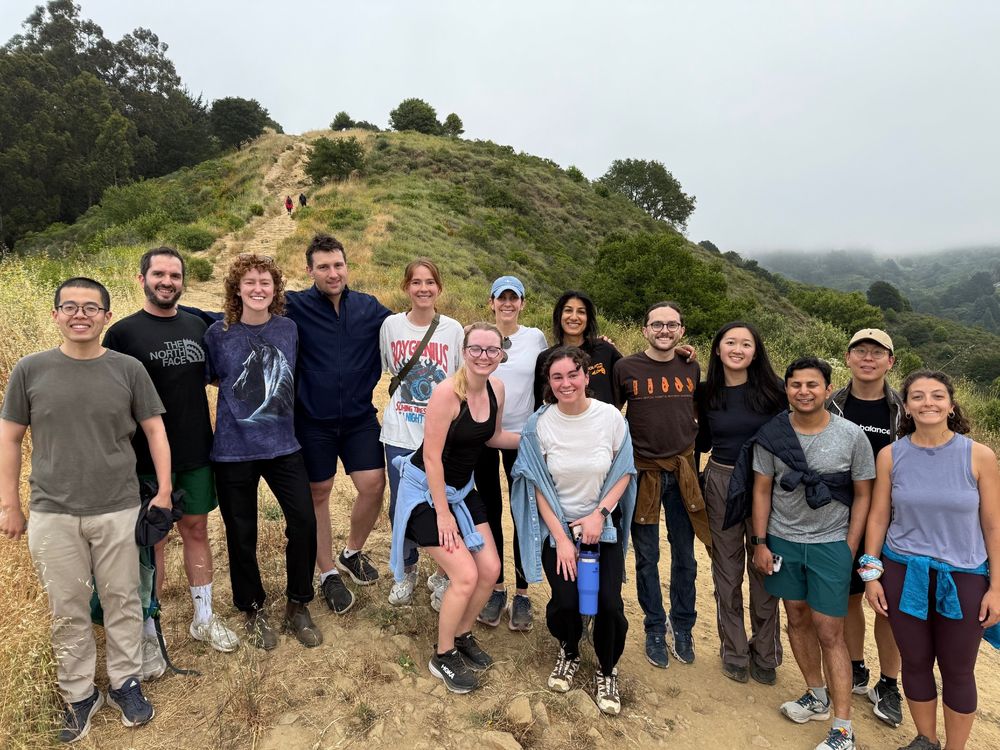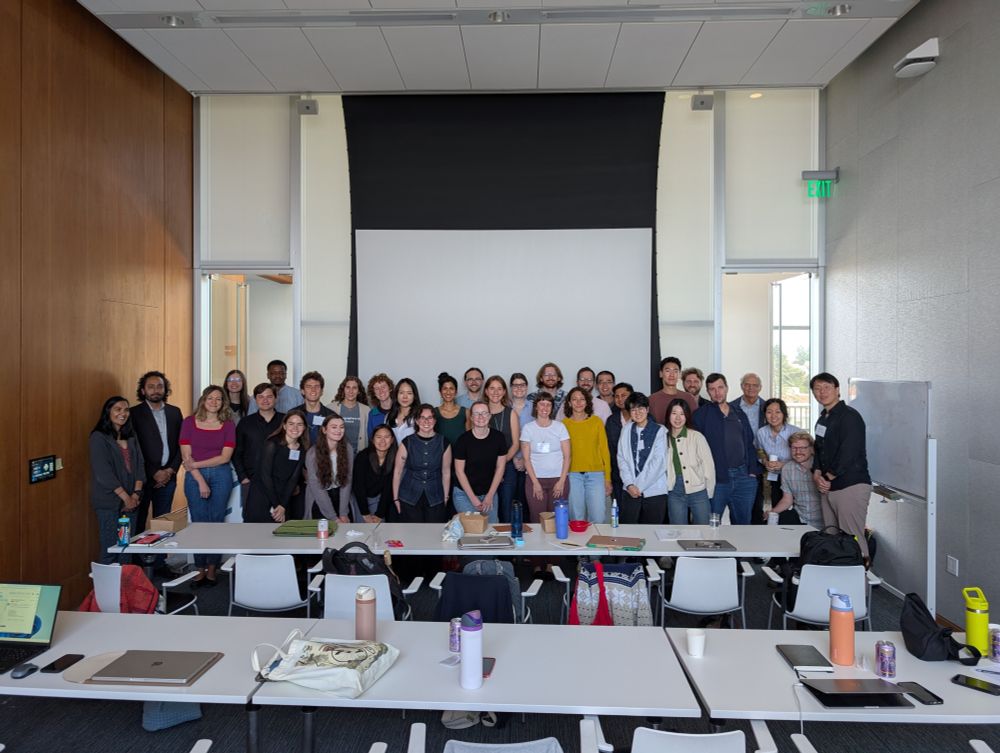Casey Breen
@caseybreen.bsky.social
1.9K followers
99 following
34 posts
Assistant Professor @ UT-Austin, Dept of Sociology and Population Research Center. Postdoc @oxforddemsci.bsky.sociall. Demography PhD UC Berkeley.
caseybreen.com
Posts
Media
Videos
Starter Packs
Reposted by Casey Breen
Reposted by Casey Breen
Reposted by Casey Breen
Reposted by Casey Breen
Adrian Raftery
@adrianraftery.bsky.social
· Sep 13

Optimal pandemic control strategies and cost-effectiveness of COVID-19 non-pharmaceutical interventions in the United States - BMC Global and Public Health
Background Non-pharmaceutical interventions (NPIs) in response to the COVID-19 pandemic necessitated a trade-off between the health impacts of viral spread and the social and economic costs of restric...
bmcglobalpublichealth.biomedcentral.com
Casey Breen
@caseybreen.bsky.social
· Sep 6
Reposted by Casey Breen
Casey Breen
@caseybreen.bsky.social
· Jul 28
Reposted by Casey Breen
Reposted by Casey Breen
Reposted by Casey Breen
Casey Breen
@caseybreen.bsky.social
· Jun 17
Casey Breen
@caseybreen.bsky.social
· Jun 3
Casey Breen
@caseybreen.bsky.social
· May 29
















